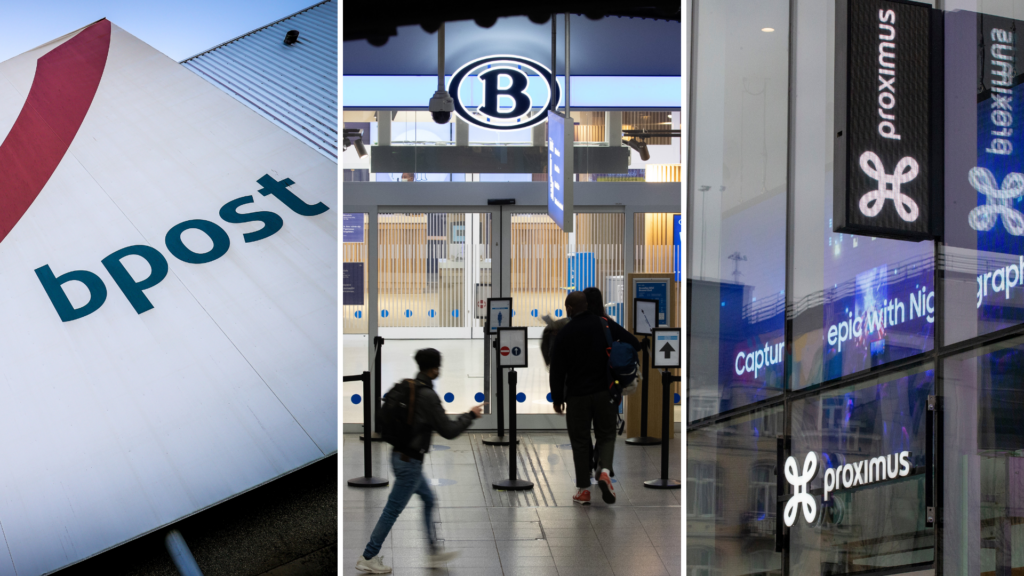Politically-connected companies (businesses with politicians on the board of directors or major clients of state-owned companies) are less productive and less profitable, a study published by the National Bank of Belgium (NBB) has found.
Economic liberalisation has spurred significant changes in the public sector, as privatisation has seen many State-run companies taken over. But in Belgium, many major companies that now are private are still subject to political oversight. While there are benefits to this – including government support in times of crisis – it can cause harm, the NBB study noted.
"We find that both state suppliers and political connections [such the direct presence of politicians on the boards] are associated with lower profitability and productivity, as well as higher debt and employment," economists Pablo Muylle (UGent) and Emmanuel Dhyne (NBB) wrote in the study.
"This suggests that government support negatively influences firms’ behaviour and financial performance." The researchers remarked that the findings show that government influence is still prominent in the private economy.
Advance goals of government
Between 2002 and 2018, around 2,500 companies were at least 10% owned by the Belgian State; around 21,500 companies out of a total of 545,427 had at least one politician on the board of directors. "Politician" in this case is defined broadly and includes candidates for the European, Federal or regional Parliaments, or a municipal or provincial council.
To explain the reduction in profitability, the researchers point out that companies with politicians on the board are more likely to purchase products from state-owned firms (SOEs), whose products tend to be more expensive. Well-known examples of this are Bpost, SNCB and telecom provider Proximus. This is especially the case if the directors are linked to the Federal Government or governing parties.
Companies with politicians on the board may also be less concerned with profitability and more concerned with employment. While more staff can equate to positive social benefits, it can also be a sign of low efficiency at the company level.
"These two channels are linked, as politically connected businesses are more likely to purchase inputs from SOE suppliers, for instance to advance the goals of the government, to 'do a favour' to other politicians, or to gain political popularity by ensuring employment in SOEs," Muylle and Dhyne noted.
The study highlights the importance of considering both State suppliers and political connections when assessing the comprehensive impact of government influence on private enterprises. "By shedding light on these two channels, this study contributes to the dialogue surrounding economic liberalisation, State ownership, political influence, and their implications for the performance of firms in today’s dynamic economic landscape."

